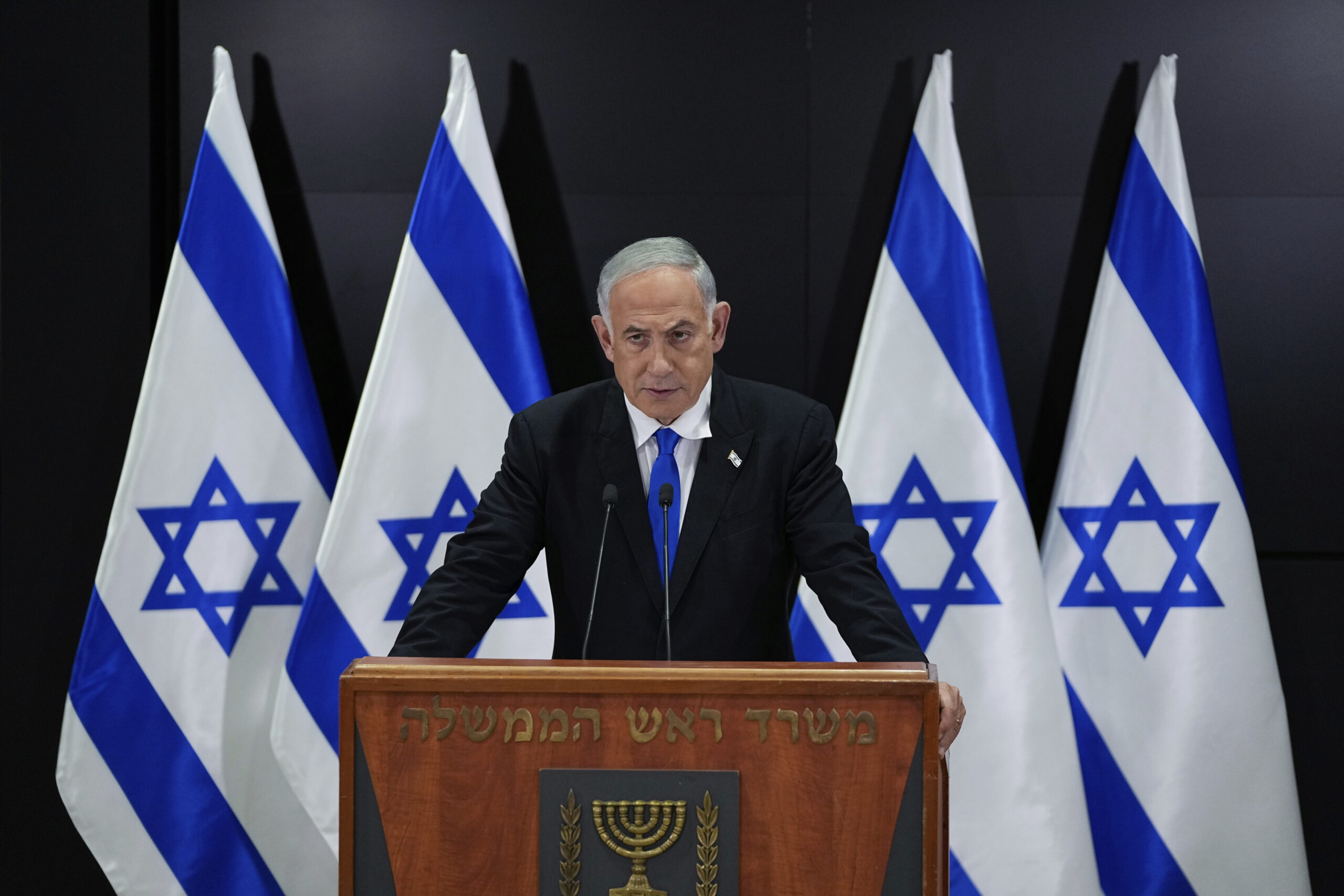In an era dominated by information, the manipulation of narratives has become an intricate and potent tool for nations navigating the complex landscape of geopolitics. As the world witnesses the growing influence of digital platforms and social media, Israel has emerged as a case study in the strategic use of misinformation. This article delves into the multifaceted dimensions of Israel’s engagement with misinformation, examining how the nation has deftly wielded this controversial tool to advance its diplomatic, military, and political objectives.
While misinformation is a global phenomenon, Israel’s approach is uniquely nuanced, reflecting the intricate challenges the nation faces in the Middle East. From ongoing conflicts with neighboring states to complex geopolitical alliances, Israel has navigated a delicate balance between public perception and national security imperatives. This article aims to unravel the tactics employed by Israel, exploring instances where misinformation has been deployed to shape narratives, sway public opinion, and even influence international discourse.
As we delve into the various facets of Israel’s use of misinformation, it becomes evident that this practice extends beyond traditional statecraft. Social media, in particular, has become a battleground where narratives are crafted and disseminated with unprecedented speed and reach. From misinformation campaigns during military operations to the strategic shaping of historical narratives, Israel’s engagement with information warfare raises crucial questions about the ethical boundaries of statecraft in the digital age.
Join us on a journey through the labyrinth of Israel’s information strategy, examining the motivations, methods, and consequences of a nation that has become adept at utilizing misinformation as a geopolitical tool. As we unravel the complexities of this phenomenon, we invite readers to critically assess the broader implications for the evolving landscape of international relations and the role of information in shaping the destiny of nations.
Israel, both its military and government, has faced persistent accusations of disseminating false and misleading information to mask their involvement in war crimes against Palestinians. This article delves into some of the most notable instances of alleged deception in recent years.
White Phosphorus Use – October 2023:
In October 2023, Israel faced scrutiny for its purported use of white phosphorus shells in Lebanon and Gaza, a violation of international law. Despite Israeli denials, Human Rights Watch verified videos of artillery-fired white phosphorus, labeling it a breach of international humanitarian law. Similar incidents occurred in 2009 during Operation Cast Lead, revealing a pattern of denial and subsequent acknowledgment.
Unsubstantiated Claims – October 2023:
Israel’s military and Prime Minister Benjamin Netanyahu’s office made sensational claims in October 2023 regarding Hamas fighters beheading children and committing rape. President Joe Biden echoed these allegations, later retracting his statement. However, investigations revealed a lack of evidence to support these accusations, raising questions about their credibility.
Deadly Airstrike on Civilian Convoy – October 2023:
In a tragic incident on October 13, 2023, a civilian convoy fleeing Gaza City was struck by an Israeli airstrike, resulting in numerous casualties. Israel denied involvement, but Amnesty International verified videos, contradicting the official stance and suggesting a discrepancy between claims and evidence.
Journalist Shireen Abu Akleh’s Death – May 2022:
The killing of Palestinian-American journalist Shireen Abu Akleh in 2022 sparked controversy as Israel initially blamed Palestinians, later retracting and acknowledging potential responsibility. Multiple investigations, including by major news outlets and human rights groups, concluded that an Israeli soldier was likely responsible.
Media Office Bombing – May 2021:
During the 2021 assault on Gaza, Israel bombed a media tower, claiming it housed Hamas’ military assets. Human Rights Watch found no evidence supporting these allegations, suggesting potential violations of international law and war crimes.
Ahmad Erekat’s Death – June 2020:
The death of Ahmad Erekat in 2020 at an Israeli military checkpoint was initially labeled as an attempted attack. Investigations contradicted this, suggesting Erekat’s death resulted from an extrajudicial execution rather than an intentional attack.
Razan al-Najjar’s Killing – June 2018:
The killing of medic Razan al-Najjar in 2018 led to further controversy when Israel circulated a doctored video to portray her as a human shield for Hamas. Contradictory statements by the military raised concerns about the accuracy of their account.
Murder of Palestinian Teens – May 2014:
In 2014, the deaths of two unarmed Palestinian teens during a West Bank protest were initially denied by Israel, which claimed non-lethal force was used. Video evidence and autopsy results later contradicted these assertions, emphasizing the need for accountability.
These incidents underscore the ongoing debate surrounding Israel’s transparency and truthfulness in the face of allegations of misconduct. As international scrutiny continues, the need for accountability and transparent investigations remains crucial for a comprehensive understanding of the events in question.



